15 Reasons why not to visit Mapungubwe
Limpopo – South Africa
Should you visit Mapungubwe National Park?
Perfect place for a picnic under the shade of a baobab tree
A UNESCO World Heritage Site, Mapungubwe is a unique national park. Historically, archaeologically, geographically and culturally it has much to offer. The conservation and preservation of the area and its animals is crucial to its strategic vision. But what is the hype? If there even is one.
During our Limpopo road trip we decided to stay overnight Mazhou Camp Site with our caravan to explore it briefly. The operative word was BRIEF. This is the only camping site where you can use your own tent or caravan within the Mapungubwe National Park and is on the western side of the park.
We had been there before and we wanted to see if our assumptions from our first visit would be the same second time round.
Why should you not visit Mapungubwe?
Reason 1:
It is out in the gramadoelas, pronounced grum-a-do-lus, meaning wild, remote country. Need I say more? Sitting on the north western part of the Limpopo province, in a remote section of South Africa, it is far from civilization.
The nearest town is Alldays, in arid bushveld and mopani forests. Trust me, not much happens there, unless you’re into hunting (controversial at that) or diamond mining. Fortunately we were already in the area, having spent a couple of nights at Ratho Bush Camp, so we could just pop over for the night, as long as there was a site available. Turns out the camp was empty when we arrived.
Bathroom facilities at Mapungubwe
One of the campsites under a beautiful Nyala tree
Reason 2:
The park is confusing. I mean, where do you have two different sections of park with a public road between the two? Why? Do you even need to go to both sides? If you’re wanting to camp in your own tent or caravan, then you would need to go to the west side. But to be allowed entry, you would first need to check in on the east side. Confusing? Don’t worry, I’ve explained it in my first blog about Mapungubwe.
Reason 3:
You will be virtually isolated. We arrived at the campsite and there was not a soul in sight. No-one. It was towards the end of January however. Most schools and businesses were open and the holiday season a thing of the past. Later another couple set up camp on one of the other sites but kept to themselves. There was also a couple staying at the Limpopo Tented Camp which is a couple of kilometres away from Mazhou campsite.
Reason 4:
The wildlife might annoy you. Firstly when I opened the tap to fill our kettle to make tea, a bushbuck couldn’t wait for me to open the tap. He stole our water! Obviously too lazy to walk to the river or a waterhole a couple of hundred meters away. I wouldn’t either with all the predators lurking around.
Reason 5:
Elephants will get in your way. Our second case of animals taking over: an elephant doing border patrol, on the road next to the fence on the western side of the park. I mean, really! Strolling along as if it had all the time in the world. We couldn’t even pass him further down the road because it was too narrow. We were in a rush, you know. We had limited time and needed to get to the eastern side of the park.
Reason 6:
Maloutswa bird hide could be boring, if you’re not a birder or lover of animals and nature. The bird hide on the west side of Mapungubwe was destroyed due to flood damage in 2013. When we visited Mapungubwe in 2014 there was no hide – it had washed away. SanParks has rebuilt it since then and we had to see what the fuss was about.
We were forced to take a long walk down its walkway before we could enter it. So after all that effort we couldn’t just give it a cursory glance and move on. We had to stay there for quite a while gazing at the animals and birds. So much so, that we felt obliged to return for a second time, the following morning.
Wildebeest at the Maloutswa Bird Hide waterhole
Crocodile in the water
Elephant at Maloutswa
Reason 7:
Did I mention elephants take up all the room in the roads? They block them, not just in the park but outside the park too. A fortification of elephants barricaded the only section of detour we had to take on the Den Staat road from the west side of Mapungubwe Park on the way to the east side. We had no alternative but to sit, wait and watch them. The little one is cute though!
Reason 8:
Those elephants are REALLY pesky, you know. They even distract you with their charm. No sooner had we entered the east side of the park when another family of elephants beguiled us by sending their cute baby elephant to entertain us as it rolled around in the dust.
Reason 9:
You might be put of by the cattle in the park. Goats in Mapungubwe? That’s somewhat unusual but interesting. Just when you think you’ve seen it all, you discover a herd of goats in a national park. We even saw a herd of cattle a little later. By that stage we were running out of time and were concerned that we wouldn’t get to the west side in time, so didn’t take a photo of the cows. There is a whole lot of controversy about them.
Reason 10:
Walking on a Tree top walk just to lead you to the greasy green Limpopo might not be special enough for you. Rudyard Kipling aptly describes "the great grey green greasy Limpopo, all set about with Fever trees”. Walking through the canopy of trees while baboons and Vervet monkeys play on the ground might not be your thing. Neither could finding a monitor lizard next to the river appeal to you too.
Reason 11:
Looking at views of a confluence might be boring. What’s so special about the view? A pile of rocks, rivers and trees with three countries divided by the Shashe and Limpopo rivers? One can stand in South Africa while simultaneously looking over to Botswana and Zimbabwe. Actually, that’s quite neat!
Confluence viewpoint picnic spot Mapungubwe
Reason 12:
If you don’t like baobab trees, then don’t go there! Those funny upside-down trees called baobabs are everywhere!
Reason 13:
About those elephants…traveling back on the Den Staat gravel road from east to west you might not like the idea of an elephant acting as a traffic cop. Rushing to the gate on the west side before it closes might not be a good idea. It could leave you stranded on the outside with your poor little caravan inside waiting for you, all forlorn. Not a good idea to travel too fast. You don’t want to come across an angry elephant that would feel like tossing your car. We saw quite a few on our way back but fortunately they were just off the road for us, not blocking our way.
Reason 14:
The night noise could be a quite deafening. You won’t believe the cacophony of sound from all the creatures! Seriously! We went to the bush to get some peace and quiet but as dusk settled, Pearl spotted owls and Scops owls came swooping in, calling to their heart’s content amongst a few bats. Lion roared in the distance. The jackals didn’t want to be left out so they joined in too. The raucous sounds of Africa! Not sure why the elephant were quiet.
Reason 15:
You may not want to leave Mapungubwe. Alternatively when you know you have no alternative but to leave the following morning to get to your next destination, you have to take one more look at the Maloutswa hide, because, you know, you didn’t spend nearly enough time there the previous day. You’re chomping at the bit, thinking that you would far rather bounce over and swerve around potholes (with a distinct possibility of getting a puncture) than sit peacefully watching birds and animals. Someone has to do it, though!
If my reasons still haven’t convinced you ‘not’ to visit Mapungubwe, this slideshow of the elephant herd with their baby will surely do the trick.
Elephant slideshow
Click on the arrows to left or right of images manually to go through slides




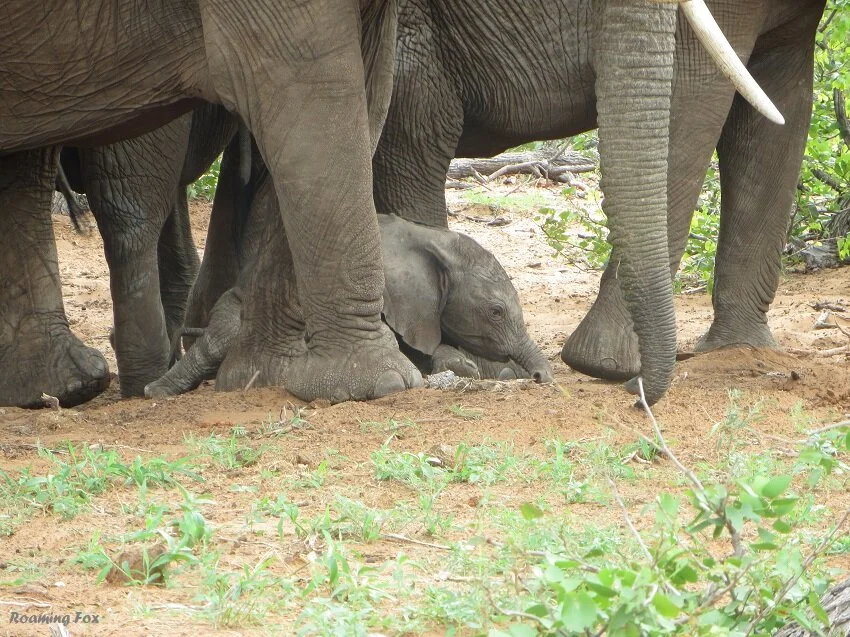


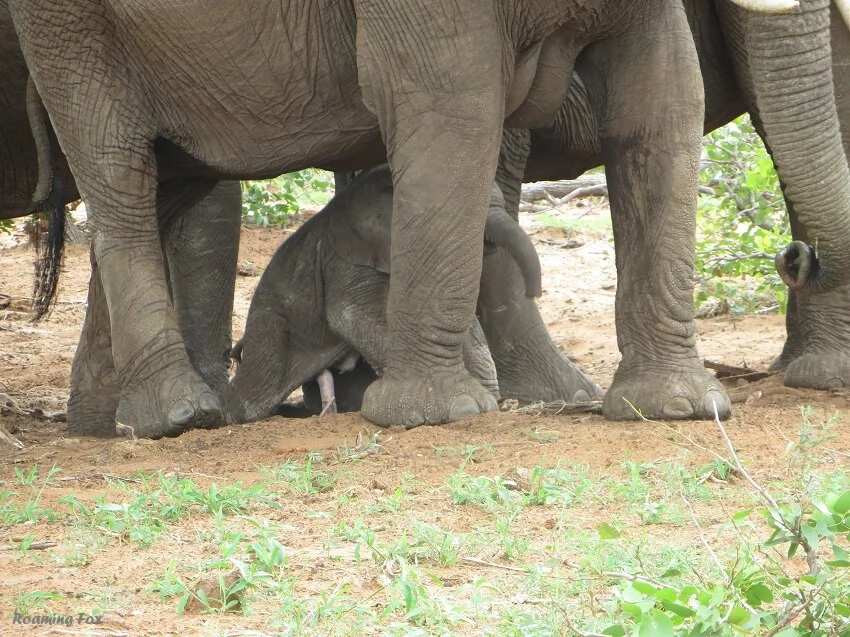


Our first visit to Mapungubwe was equally rewarding, providing a great experience with elephants.
Click here to find our more about Mapungubwe
Where is Mapungubwe?
Our first visit to Mapungubwe National Park was in 2014. We spent about five days camping at Mazhou campsite as well. Since then we said we definitely wanted to return. We’re glad we did.
It wasn’t our intention to stay overnight on this trip. Our plan was to drive through from Ratho for the day as the two are so close by.
Of course we convinced ourselves a couple of hours wouldn’t be enough and opted to squeeze in one night before heading back home. We were right and were thrilled to stay overnight but disappointed we could not stay longer.
During this visit the monkeys weren’t a problem at all, unlike the last time. We couldn’t turn our backs on them then or they would snatch everything and were a complete nuisance. However this time we didn’t spend enough time at the campsite to be sure they are no longer a nuisance.
Once again the magic of Mapungubwe touched our hearts. The birdlife is impressive. The carnivores, although not always visible, are there. Evidence is constantly found or heard at night. Smaller game such as eland, kudu, wildebeest, impala, giraffe, waterbuck and warthog are continuously visible on both sides of the park.





The scenery is breath-taking. Trust me on that one. The sandstone outcrops and riverine forests are worth driving through. The ancient baobabs are impressive and the wildlife so much more noticeable. But give yourself time - Mapungubwe’s heart beats at an African pace.
Only once you have been to Mapungubwe will you understand what I mean. This is one of South Africa’s hidden treasures.
JenfromAfrica spent some time on the eastern side of Mapungubwe and stayed at Leokwe Rest Camp which is still on my bucket list. She reiterates how Mapungubwe is indeed Land of the Baobab Tree.
Related blog posts:
Camping in the ancient African kingdom of Mapungubwe
Let’s connect on Social Media
Step by step instructions on how to leave a comment on my blog:
Type in your comment in the comment box.
Click ‘Post Comment’
Briefly a message should appear saying you are not logged in, then a box with ‘Post a Comment’ will appear for you to complete with your name, email address and website URL (if you have one).
Fill in your first name and email address in the appropriate section. (Your email will not be made public and will not be used for any other purpose than for you to get a notification of a reply to your comment.)
Click ‘Comment as Guest’ and you’re good to go!
To subscribe to my blogs, please fill out the SUBSCRIBE form.
Thank you.
I know it is quite a process, but it helps keep our websites secure. Your email address will not be shared or displayed.








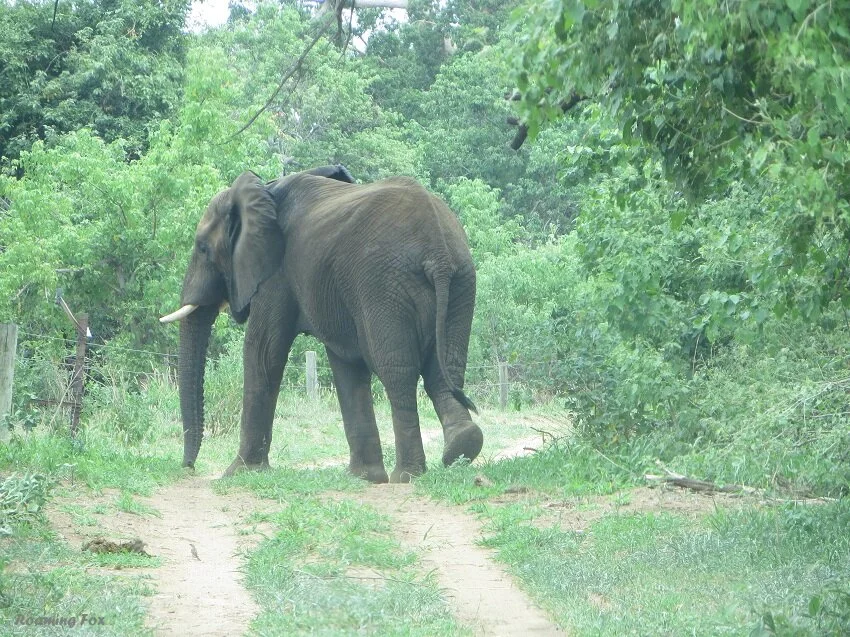

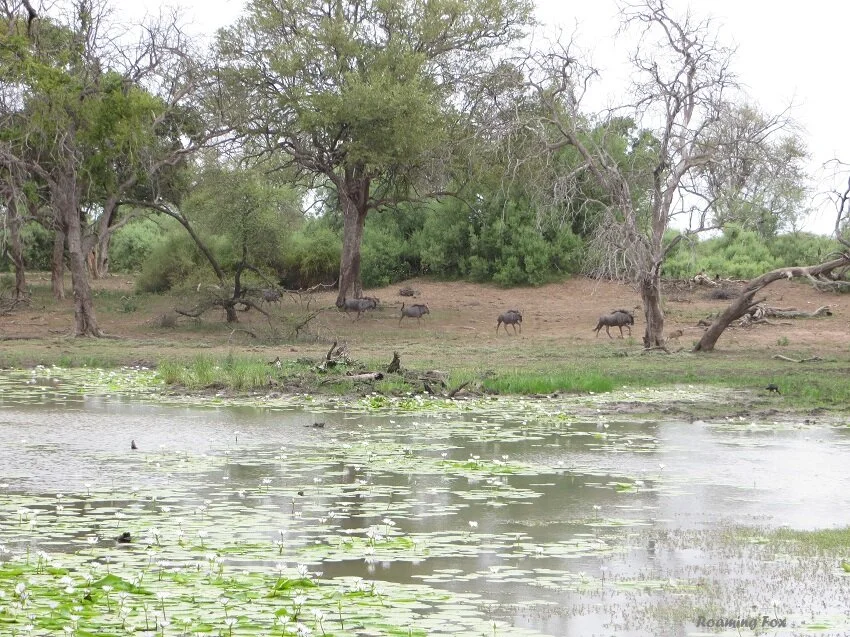

















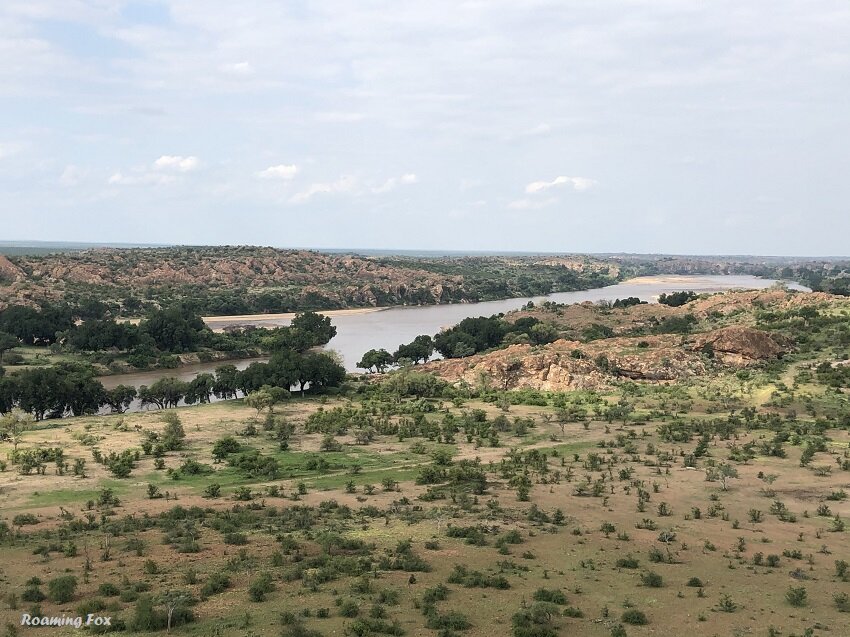









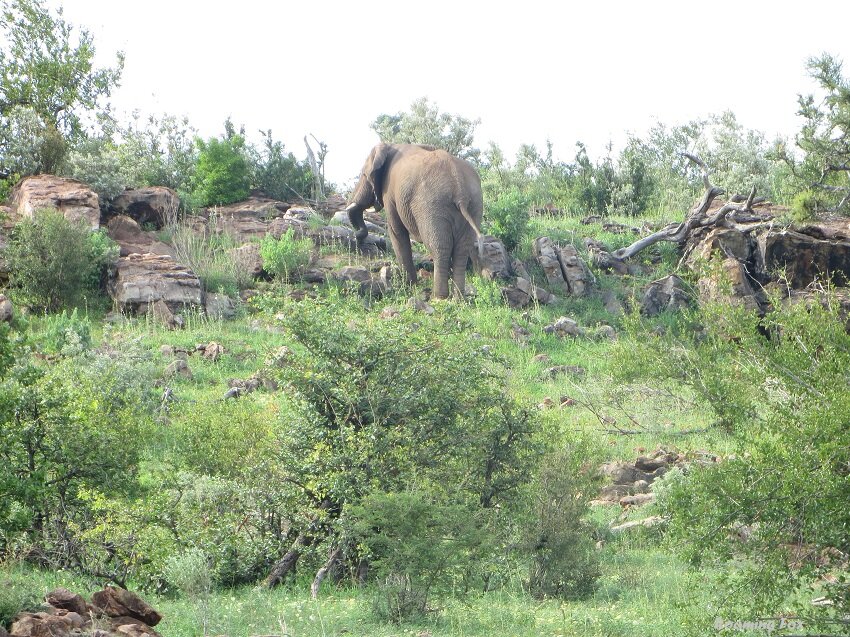
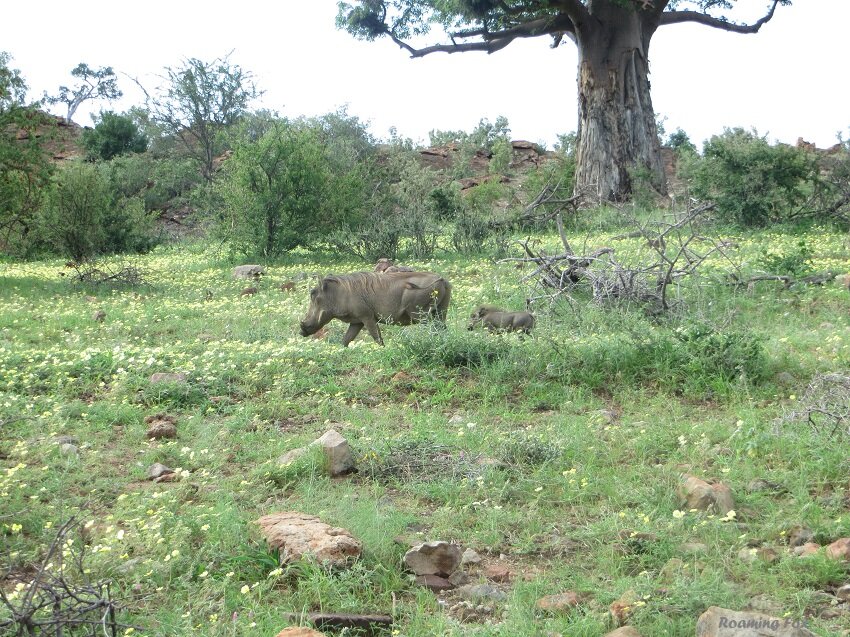

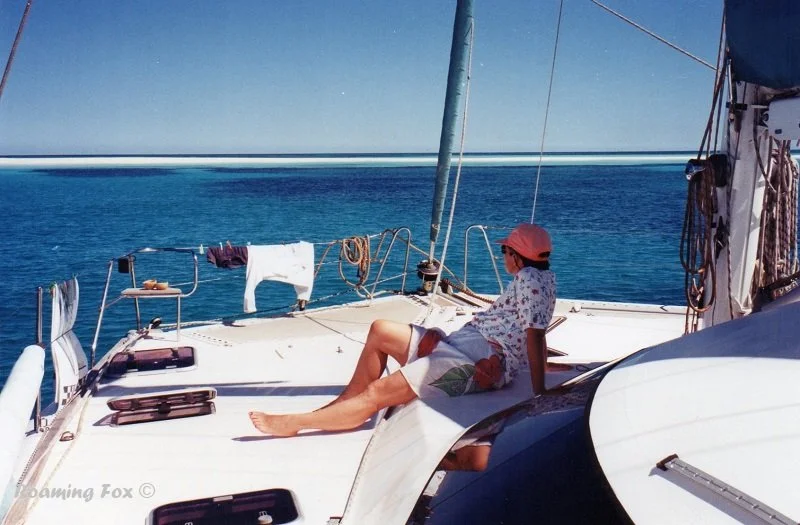



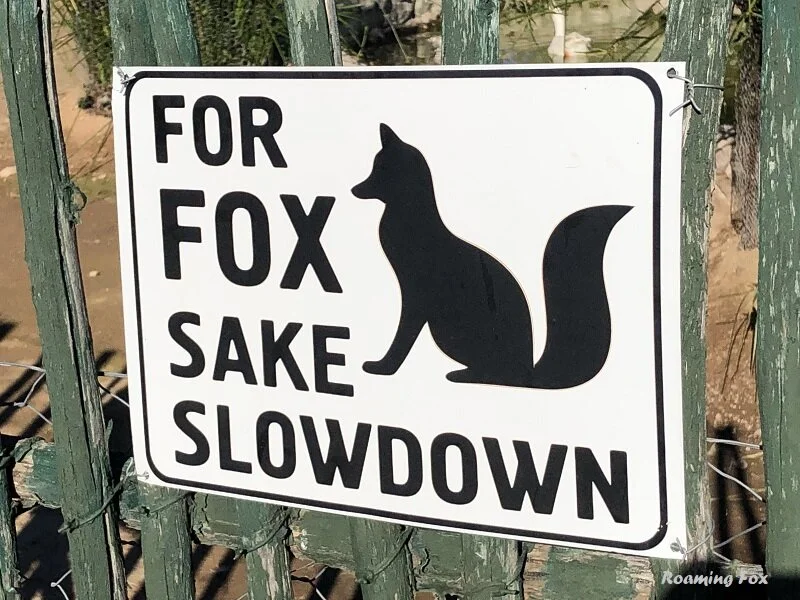


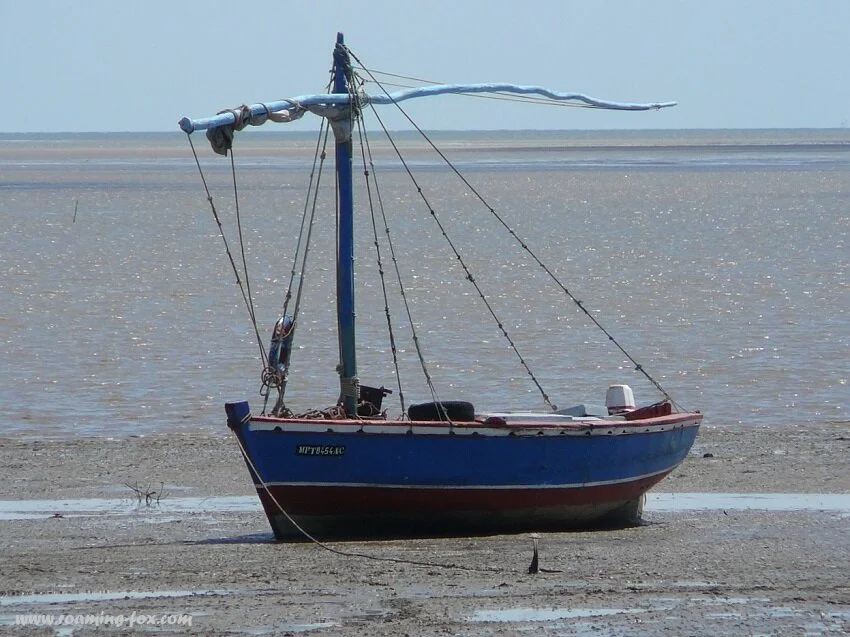
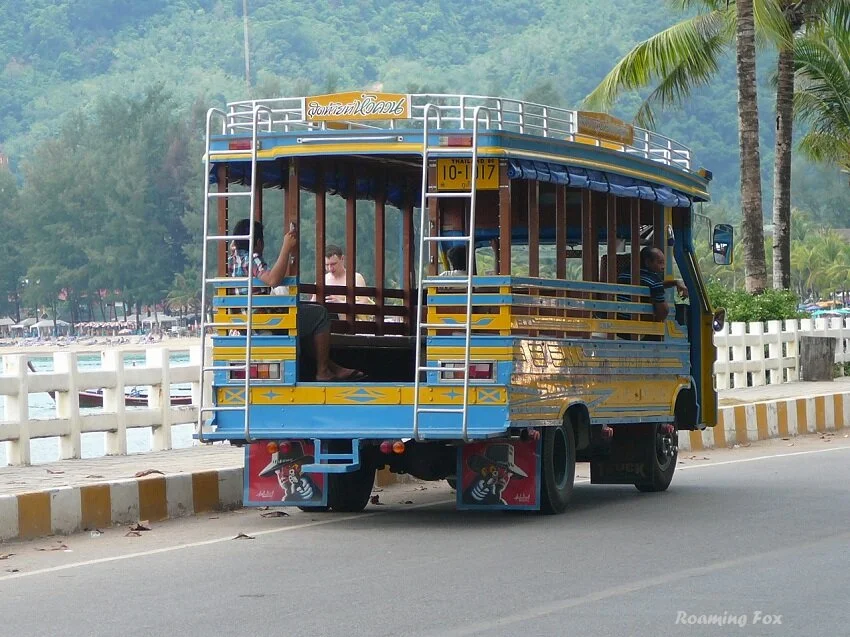

What does travel, adventure and safari have in common? They are all out of the ordinary activities from work or routine. Although not essential qualities, all of these can be unusual and exciting or daring.